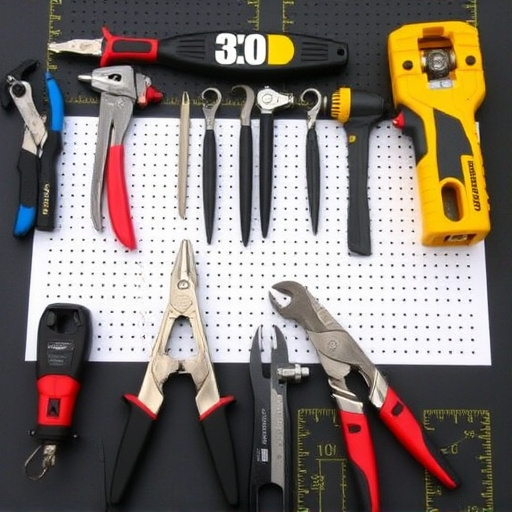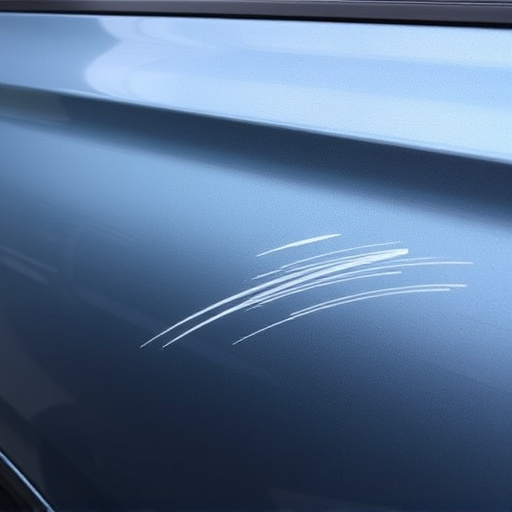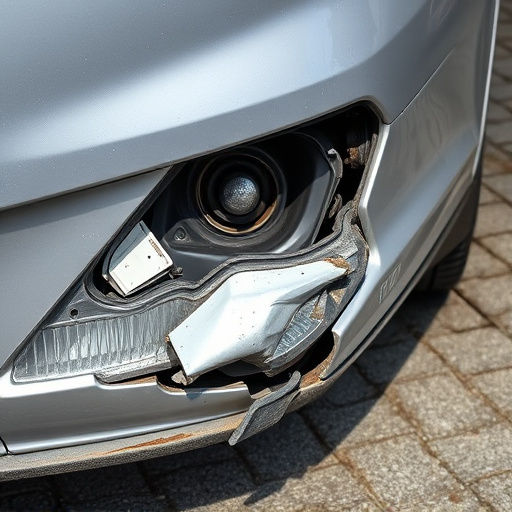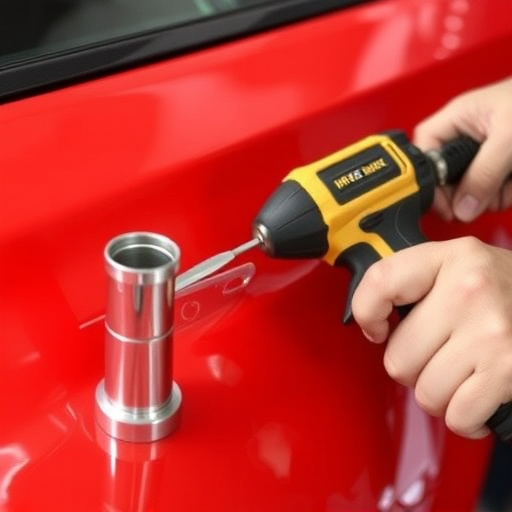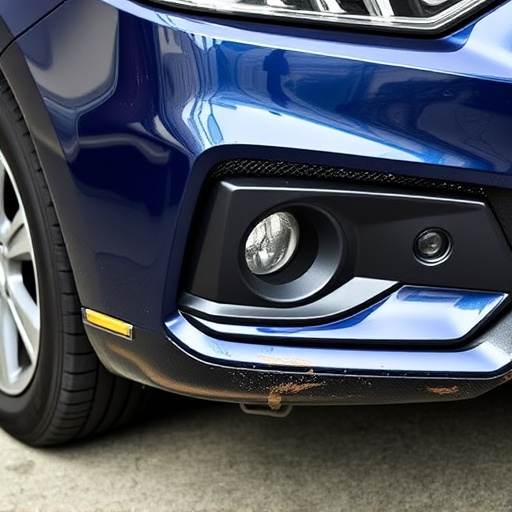Total loss assessment is a critical process determining the economic feasibility of repairing damaged vehicles post-accident, considering factors like damage severity, vehicle age, part availability, and labor requirements. Adjusters and policyholders should understand this process, prepare thoroughly with relevant documents, and engage in effective communication to resolve disagreements, aiming for fair and efficient claim settlements.
Navigating disagreements during total loss appraisals can be challenging, but with proper preparation and communication strategies, these conflicts can be resolved smoothly. Understanding the fundamentals of total loss assessment is crucial before engaging in any dispute. This article equips you with key strategies to prepare for disagreements, offering effective communication techniques tailored for such scenarios. By implementing these steps, you’ll enhance your ability to handle total loss appraisals efficiently and accurately.
- Understand the Basics of Total Loss Assessment
- Prepare for Disagreements: Key Strategies
- Effective Communication Techniques During Disputes
Understand the Basics of Total Loss Assessment

A total loss assessment, often referred to as a total loss appraisal or car total loss evaluation, is a critical process in the insurance industry and automotive sector following an accident. It involves a comprehensive inspection and analysis to determine whether a damaged vehicle is economically viable for repair or if it should be considered a total loss, necessitating replacement. This assessment goes beyond merely estimating repair costs; it considers various factors such as the severity of damage, age and condition of the vehicle, availability of parts, and labor requirements.
Understanding the nuances of total loss assessment is paramount for both insurance adjusters and policyholders, especially when dealing with claims involving automotive collision repair or even alternative methods like paintless dent repair. By adhering to structured appraisal procedures, stakeholders can ensure fairness in the process, streamline claim settlements, and facilitate efficient vehicle replacement or reconstruction where applicable.
Prepare for Disagreements: Key Strategies
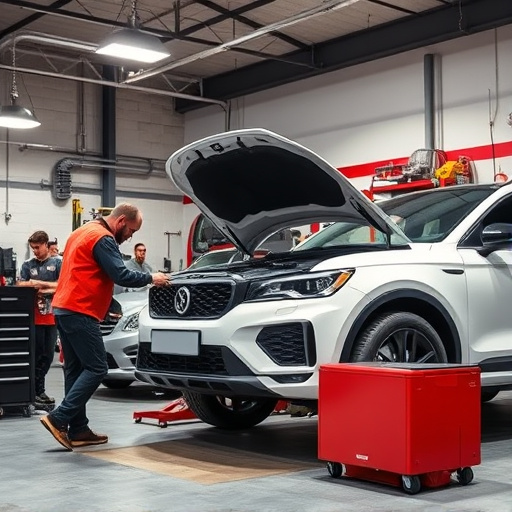
Prepare for Disagreements: Key Strategies
During total loss appraisals, disagreements are inevitable as each party—insurer and policyholder—has their own perspective on the vehicle’s value. To navigate these conflicts effectively, thorough preparation is crucial. Before entering into any discussion, familiarize yourself with your insurance policy terms, especially regarding total loss definitions and settlement procedures. Understand the market value of similar vehicles through online resources or consultation with automotive experts to have a solid reference point. This knowledge equips you to present your case clearly and confidently.
Additionally, gather all relevant documents pertaining to vehicle history, maintenance records, and any recent appraisals or estimates for car damage repair. These records can serve as concrete evidence to support your claims. When dealing with luxury vehicle repair, ensure that the details of any previous work or special considerations are also documented. This preparation not only strengthens your position but also fosters a more productive dialogue, helping to reach a mutually agreeable solution during total loss assessments.
Effective Communication Techniques During Disputes

When dealing with disagreements during total loss appraisals, effective communication is key. The first step is to listen actively and empathetically. This means fully understanding the other party’s perspective without interrupting or becoming defensive. Clear and concise communication can help bridge gaps in interpretation and prevent misunderstandings. Express your position calmly, using “I” statements to convey your feelings and avoid sounding accusatory. For instance, say, “I understand your concern about the auto glass replacement estimate, and I’d like to explore alternative solutions together.”
Another crucial technique is staying focused on the issue at hand—the total loss assessment. Avoid bringing up unrelated past experiences or personal biases. Stick to the facts, evidence, and specific details of the case. If you’re an auto repair service provider, for example, provide clear explanations about potential costs and repairs, ensuring transparency. This open dialogue encourages collaboration and a joint effort to reach an agreeable solution, ultimately facilitating a smoother car restoration process.
Total loss assessments can be contentious, but armed with the right strategies and communication techniques, you can navigate disagreements effectively. By understanding the basics of total loss assessment, preparing beforehand, and employing empathetic yet assertive communication, you can resolve disputes fairly and efficiently. Remember, a calm, informed approach is key to reaching an agreeable conclusion in even the trickiest situations.



